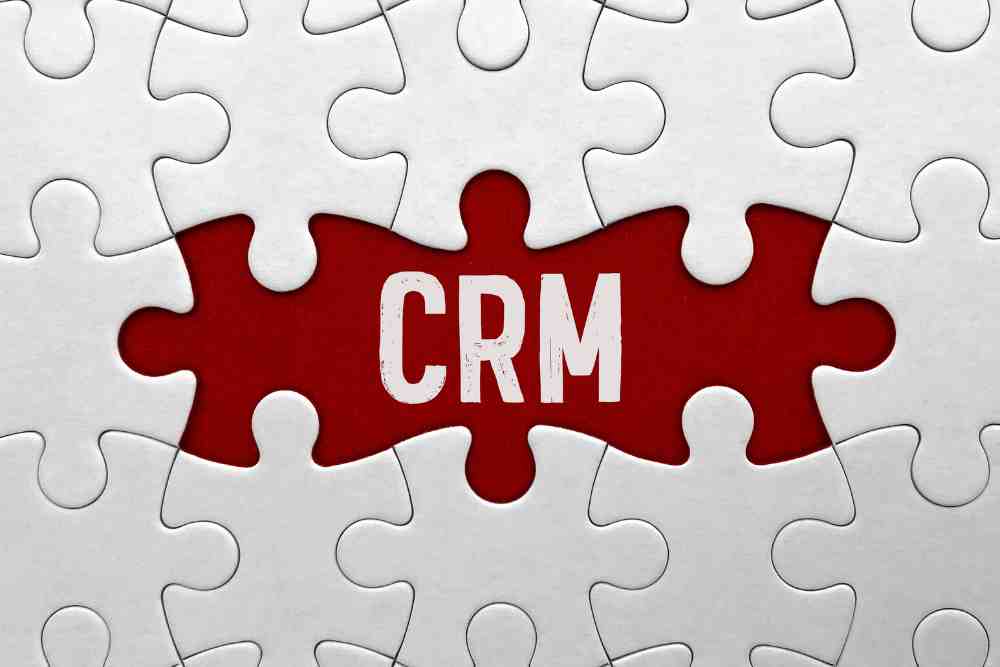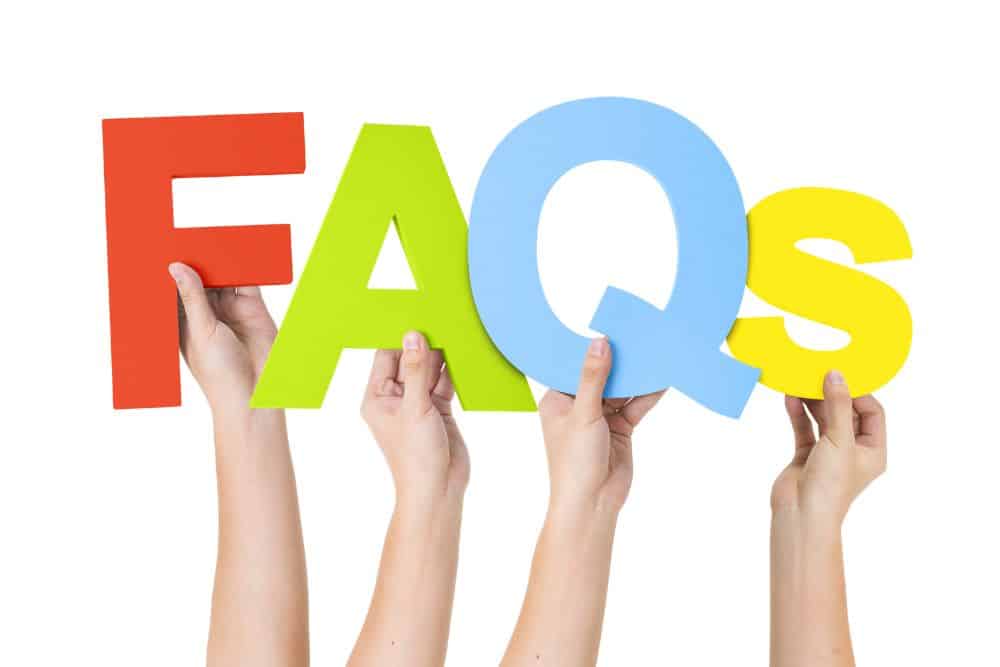Improving CRM Data and Transaction Security

Customer Relationship Management (CRM) systems have become an integral part of businesses across various industries. These systems help companies manage their interactions with customers, streamline sales processes, and improve overall customer satisfaction. However, with the increasing reliance on CRM systems, the need for robust data and transaction security has become paramount. In this article, we will explore the importance of CRM data and transaction security, discuss common vulnerabilities, and provide actionable strategies to enhance security.
The Importance of CRM Data and Transaction Security
CRM systems store a wealth of sensitive customer information, including personal details, purchase history, and communication records. This data is invaluable to businesses as it enables them to personalize customer experiences, target marketing efforts, and make data-driven decisions. However, the same data that provides these benefits can also be a target for cybercriminals.
According to a report by IBM, the average cost of a data breach in 2020 was $3.86 million. This staggering figure highlights the financial implications of inadequate data security. In addition to financial losses, data breaches can also result in reputational damage, loss of customer trust, and legal consequences.
Furthermore, CRM systems often handle transactions, including payment processing and financial data. Ensuring the security of these transactions is crucial to protect both the business and its customers from fraudulent activities. By implementing robust security measures, businesses can safeguard sensitive customer data, maintain trust, and mitigate the risk of financial losses.
Common Vulnerabilities in CRM Systems
Before diving into strategies to improve CRM data and transaction security, it is essential to understand the common vulnerabilities that can be exploited by cybercriminals. By identifying these vulnerabilities, businesses can take proactive measures to address them.
1. Weak Passwords
Weak passwords are one of the most common entry points for hackers. Many CRM systems allow users to set their passwords, and if weak passwords are used, it becomes easier for cybercriminals to gain unauthorized access. Common weak password practices include using simple and easily guessable passwords, reusing passwords across multiple platforms, and not regularly updating passwords.
2. Lack of Encryption
Encryption is a critical security measure that protects data from unauthorized access. Without encryption, sensitive customer information stored in CRM systems is vulnerable to interception and exploitation. Encryption ensures that even if data is intercepted, it remains unreadable without the decryption key.
3. Insufficient User Access Controls
Proper user access controls are essential to limit access to sensitive data within CRM systems. Without adequate controls, employees may have access to more data than necessary, increasing the risk of data breaches. It is crucial to implement role-based access controls, where employees only have access to the data required for their specific roles.
4. Lack of Regular Updates and Patches
CRM systems, like any other software, are prone to vulnerabilities that can be exploited by hackers. Software vendors regularly release updates and patches to address these vulnerabilities. Failing to apply these updates promptly leaves CRM systems exposed to known security risks.
5. Social Engineering Attacks
Social engineering attacks involve manipulating individuals to gain unauthorized access to systems or sensitive information. Phishing emails, impersonation, and pretexting are common social engineering techniques used by cybercriminals. Employees should be trained to recognize and report suspicious activities to prevent falling victim to these attacks.
Strategies to Enhance CRM Data and Transaction Security
Now that we have identified common vulnerabilities, let’s explore actionable strategies to improve CRM data and transaction security:
1. Implement Strong Password Policies
Enforcing strong password policies is a fundamental step in enhancing CRM security. Businesses should require employees to use complex passwords that include a combination of uppercase and lowercase letters, numbers, and special characters. Additionally, regular password updates should be enforced to prevent password reuse.
2. Enable Two-Factor Authentication
Two-factor authentication (2FA) adds an extra layer of security by requiring users to provide an additional verification method, such as a unique code sent to their mobile device, in addition to their password. Implementing 2FA significantly reduces the risk of unauthorized access, even if passwords are compromised.
3. Encrypt Data at Rest and in Transit
Encryption should be implemented to protect data both at rest and in transit. Data at rest refers to data stored in databases or on physical storage devices, while data in transit refers to data being transmitted between systems. By encrypting data, even if it is intercepted, it remains unreadable without the decryption key.
4. Regularly Update and Patch CRM Systems
Keeping CRM systems up to date with the latest software updates and patches is crucial to address known vulnerabilities. Businesses should establish a process to regularly check for updates and apply them promptly. This includes not only the CRM software itself but also any plugins or integrations used.
5. Train Employees on Security Best Practices
Employees play a vital role in maintaining CRM data and transaction security. Regular training sessions should be conducted to educate employees on security best practices, such as identifying phishing emails, recognizing social engineering techniques, and reporting suspicious activities. By empowering employees with knowledge, businesses can create a strong line of defense against cyber threats.
Case Study: XYZ Company’s Successful Implementation of CRM Security Measures
XYZ Company, a leading e-commerce retailer, recognized the importance of CRM data and transaction security and implemented several measures to enhance their security posture. By doing so, they were able to protect their customer data and maintain customer trust.
First, XYZ Company implemented a strong password policy that required employees to use complex passwords and regularly update them. They also enabled two-factor authentication for all CRM system users, adding an extra layer of security to prevent unauthorized access.
Additionally, XYZ Company implemented end-to-end encryption for all customer data, ensuring that sensitive information remained protected both at rest and in transit. They regularly updated their CRM system and promptly applied patches to address any known vulnerabilities.
Furthermore, XYZ Company conducted regular security training sessions for employees, educating them on security best practices and raising awareness about potential threats. This training helped employees recognize and report suspicious activities, preventing successful social engineering attacks.
As a result of these security measures, XYZ Company experienced zero data breaches and maintained a high level of customer trust. Their proactive approach to CRM data and transaction security not only protected their business but also positioned them as a trusted brand in the market.
CRM data and transaction security are of utmost importance in today’s digital landscape. Businesses must prioritize the protection of sensitive customer information to avoid financial losses, reputational damage, and legal consequences. By addressing common vulnerabilities and implementing robust security measures, such as strong password policies, two-factor authentication, encryption, regular updates, and employee training, businesses can enhance CRM security and maintain customer trust. Remember, protecting CRM data is not just a legal and ethical responsibility; it is also a competitive advantage in building a strong brand image.
For an all-in-one sales and marketing platform that prioritizes data and transaction security, consider using SaasExpert.ca. SaasExpert.ca offers small businesses, agency owners, and marketers a secure and reliable CRM solution to streamline their sales and marketing efforts while ensuring the protection of sensitive customer data.
Learn more about “Improving CRM Data and Transaction Security” right here.
Frequently asked questions about Improving CRM Data and Transaction Security.

1️⃣: How can I improve data encryption in my CRM system? 🔐
Improving data encryption is a fundamental step in boosting your CRM’s security. You’ll want to ensure that data is encrypted both at rest (when stored) and in transit (when being transferred). Make sure to use strong encryption algorithms like AES-256 for this purpose. 😊
🔑 Pro Tip: Some CRM systems offer built-in encryption features. If yours doesn’t, consider using third-party encryption tools that can seamlessly integrate with your existing CRM.
2️⃣: What can I do to enhance user authentication for better security? 🆔
User authentication is your first line of defense, so make it rock-solid! Start with Two-Factor Authentication (2FA) to ensure that users are who they say they are. Biometric authentication like fingerprints or facial recognition can take it up another notch. 🚀
🌟 Remember: Regularly review user permissions and prune any accounts that are inactive or no longer needed. Reducing the number of accounts that have access to your CRM minimizes potential security risks.
3️⃣: How can I monitor CRM activities to catch suspicious behavior? 👀
Monitoring is key to maintaining a secure CRM environment. Use tools that can provide real-time analytics and reports on user activities. Automated alerts for suspicious actions such as multiple failed login attempts or unexpected data exports can help you react swiftly. 🚨
🛠️ Quick Fix: Make sure your CRM allows you to set up custom alerts tailored to specific activities or behaviors you deem risky.
4️⃣: Are there any specific compliance regulations I should be aware of for CRM security? 📜
Absolutely! Regulations like GDPR in Europe or CCPA in California require stringent data protection measures. If you’re dealing with healthcare data, HIPAA is a must-follow in the United States. 🌍
⚖️ Legal Note: Failure to comply with these regulations can result in heavy fines and legal troubles, so it’s not just about good data hygiene—it’s a legal imperative!
5️⃣: How often should I update or patch my CRM system for maximum security? 🔄
Regular updates are essential for maintaining a robust security posture. Software companies often release security patches to fix vulnerabilities. Make sure to install these patches as soon as they’re available. 🛡️
📆 Scheduling Tip: Set up a routine (e.g., monthly or quarterly) for checking for updates, patches, and any other improvements to your CRM system’s security features.
I hope you find these answers insightful! Feel free to reach out if you’ve got more questions. 🌟 Let’s make your CRM not just a powerhouse for customer relations but also a fortress of data security! 🏰✨






